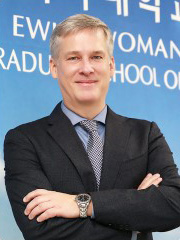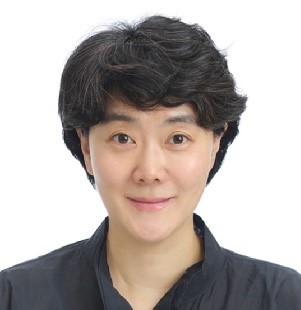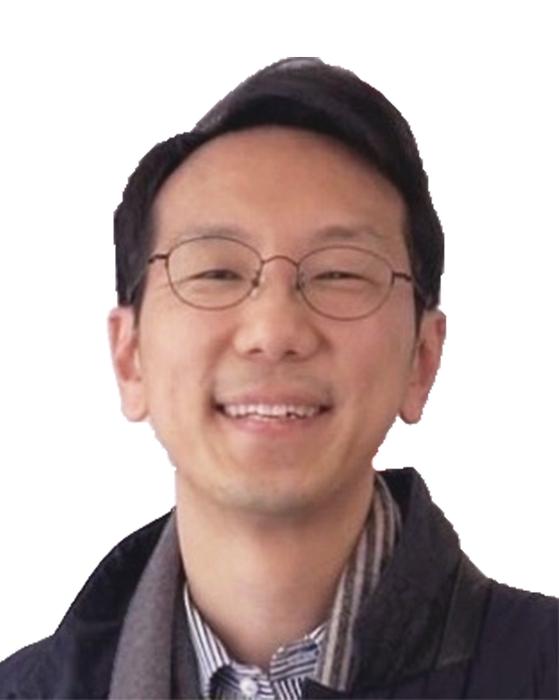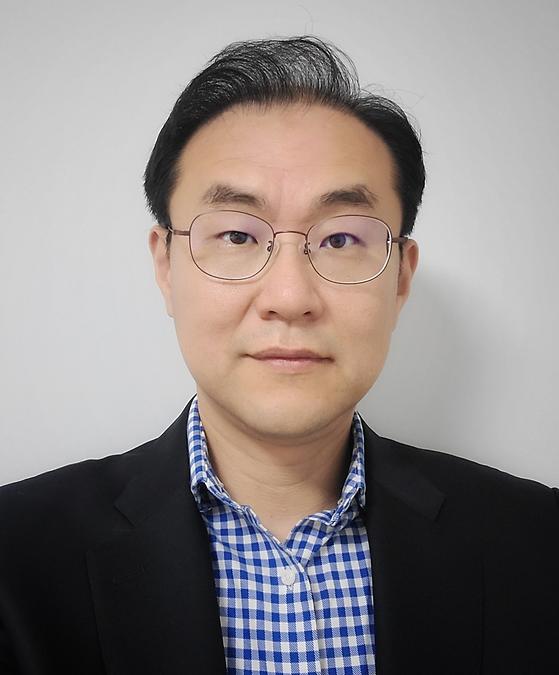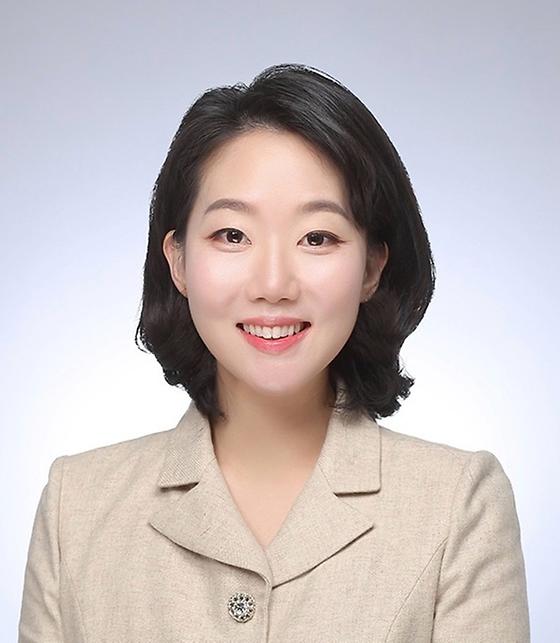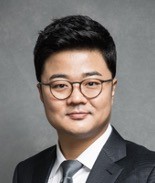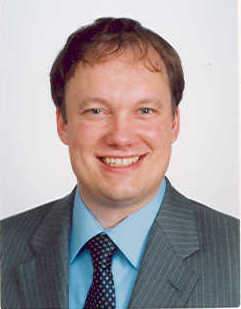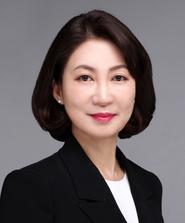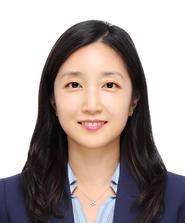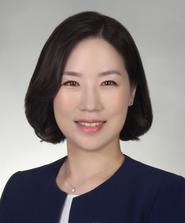International Studies
- Position Professor, Dean
- Alma Mater Ph.D. University of Dublin, Trinity College
- Research Interests International Relations, International Security, International Norms, Decision-Making, Governance, Human Security
- Major Fields International Relations, International Security, Conflict Analysis, Global Governance
- Office and office hours IEB #908 (Tuesday & Wednesday 11:00 - 12:30 or by appointment)
- WEB http://www.ewha.ac.kr/ewhaen/academics/gsis_prof.do?mode=view&pId=sgf6uMFSiL6%2BC7TmAXu%2Bsw%3D%3D
- Position Professor, Associate Dean of Ewha GSIS
- Alma Mater S.J.D. Harvard Law School
- Research Interests Multilateral Trading System, World Trade Organisation (WTO), Trade Negotiations, Trade Remedy Measurements
- Major Fields International Trade, International Law
- Office and office hours IEB #806 (Tuesdays 14:00-15:00, or by appointment)
- Homepage https://www.ewha.ac.kr/ewha/professor/info.do?mode=view&pId=xFuBOuLgaJJbQ19BUFu7pA%3D%3D
- Position Professor, Department Chair
- Alma Mater Ph.D. Cornell University
- Research Interests Economic Development, International Trade, Development Cooperation, Regional Economics
- Major Fields Development Cooperation, International Trade, Economic Development
- Office and office hours IEB #1004 (by appointment) +82-2-3277-6697
- Homepage http://www.ewha.ac.kr/ewhaen/academics/gsis_prof.do?mode=view&pId=3jSPvq0jIczauJsKZ40ljQ%3D%3D
- Position Assistant Professor
- Alma Mater Ph.D. University of Texas at Austin
- Research Interests Facial recognition and visual image recognition, machine learning, text-mining analysis, crowdfunding, charitable donations, social enterprises, and the sharing economy
- Major Fields Marketing, Consumer Behavior
- Office and office hours IEB #1201-1 (by appointment)
- Position Associate Professor
- Alma Mater Ph.D. Ewha Womans University
- Research Interests International business, sustainability, ESG (environmental, social, governance) disclosure and investment, corporate governance
- Major Fields International Business
- Office and office hours IEB #906 (By appointment), 02-3277-4060
- Homepage https://www.ewha.ac.kr/ewhaen/professor/info.do?mode=view&pId=6dpbwsbconopfWh8WfuVsA%3D%3D
- Position Assistant Professor
- Alma Mater Ph.D. Columbia University
- Research Interests International development, Poverty alleviation, Sustainable development, Climate change and environmental issues in developing countries
- Major Fields International development, Sustainable development
- Office and office hours IEB #1201-2(by appointment), 3277-3667
- Homepage https://www.ewha.ac.kr/ewhaen/professor/info.do?mode=view&pId=tDFqWEEzHwRDYpZENZyxXQ%3D%3D
- Position Professor, Development Cooperation
- Alma Mater Ph.D Free University of Berlin
- Research Interests International Political Economy, Globalization and Development, Political Economy of East Asia
- Office and office hours IEB #809 (by appointment), 02-3277-6636
- Homepage https://www.ewha.ac.kr/ewha/professor/info.do?mode=view&pId=4DjLw0ox6eprGOb52wjgCw%3D%3D
- Position Professor (DC Major Director)
- Alma Mater Ph.D. Stanford University
- Research Interests Sustainable Development, Climate Negotiations and Diplomacy, China and the Global Economy
- Major Fields Development Cooperation, International Trade and Investment, Sustainable Development
- Office and office hours IEB #805 (by appointment) 82-2-3277-6672
- Homepage http://www.ewha.ac.kr/ewhaen/academics/gsis_prof.do?mode=view&pId=QlDUr89Jfh3sPvFVBCispg%3D%3D
- Position Associate Professor (IR Major Director)
- Alma Mater Ph.D. Princeton University
- Research Interests East Asian Politics, Comparative Political Economy, International Trade
- Major Fields International Political Economy, Development Cooperation
- Office and office hours IEB #808 (by appointment) +82-2-3277-6797
- Homepage http://www.ewha.ac.kr/ewhaen/academics/gsis_prof.do?mode=view&pId=EJABDgj%2F80A911amtQuhCQ%3D%3D
- Position Associate Professor (IB Major Director)
- Alma Mater Ph.D. Massachusetts Institute of Technology(MIT)
- Research Interests International Business, Knowledge Management, Global Strategy, Creative Industries (K-pop/hallyu)
- Major Fields Globalization, International Economic Development, Innovation, Gender, Human Resource Management
- Office and office hours IEB #1008 (Mon/Thurs 15:00-16:00, or by appointment)
- Homepage http://www.ewha.ac.kr/ewhaen/academics/gsis_prof.do?mode=view&pId=tMe%2F4XCtWp0pNS28LR%2FkHA%3D%3D


